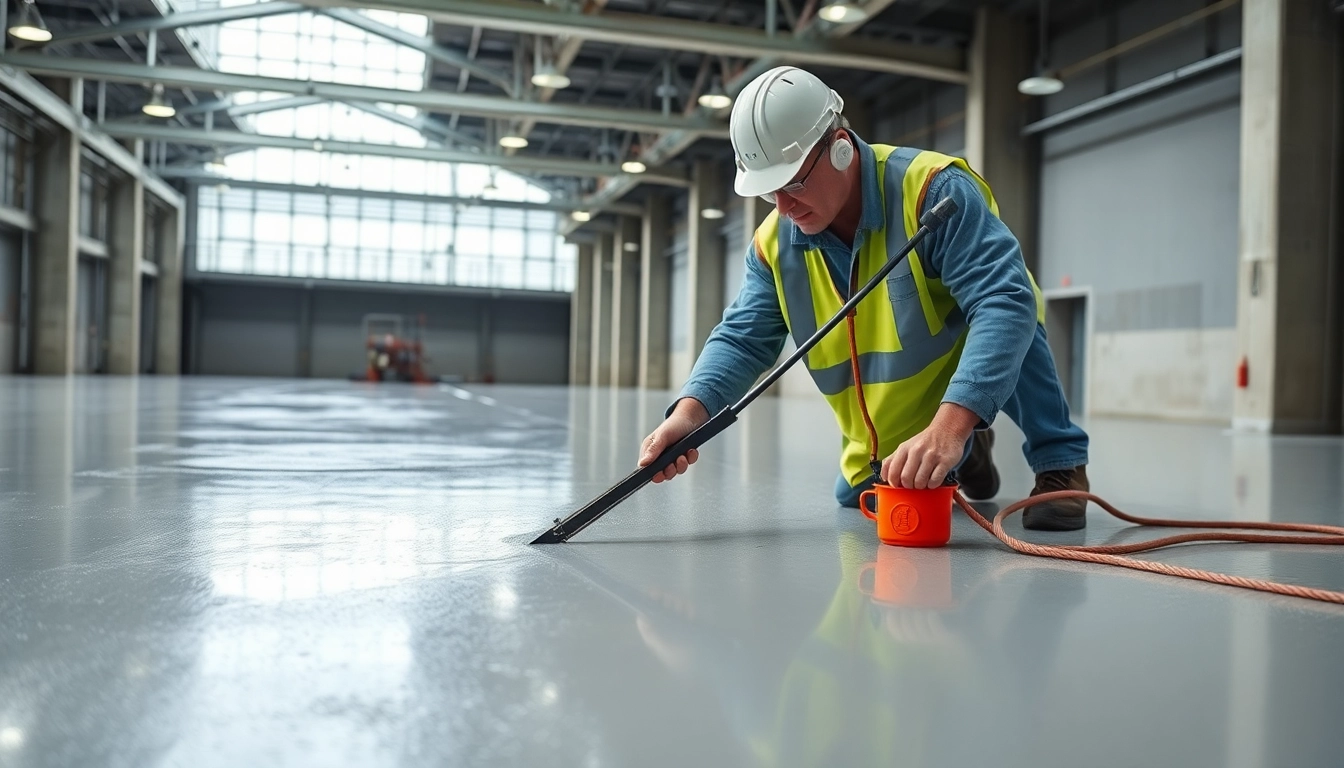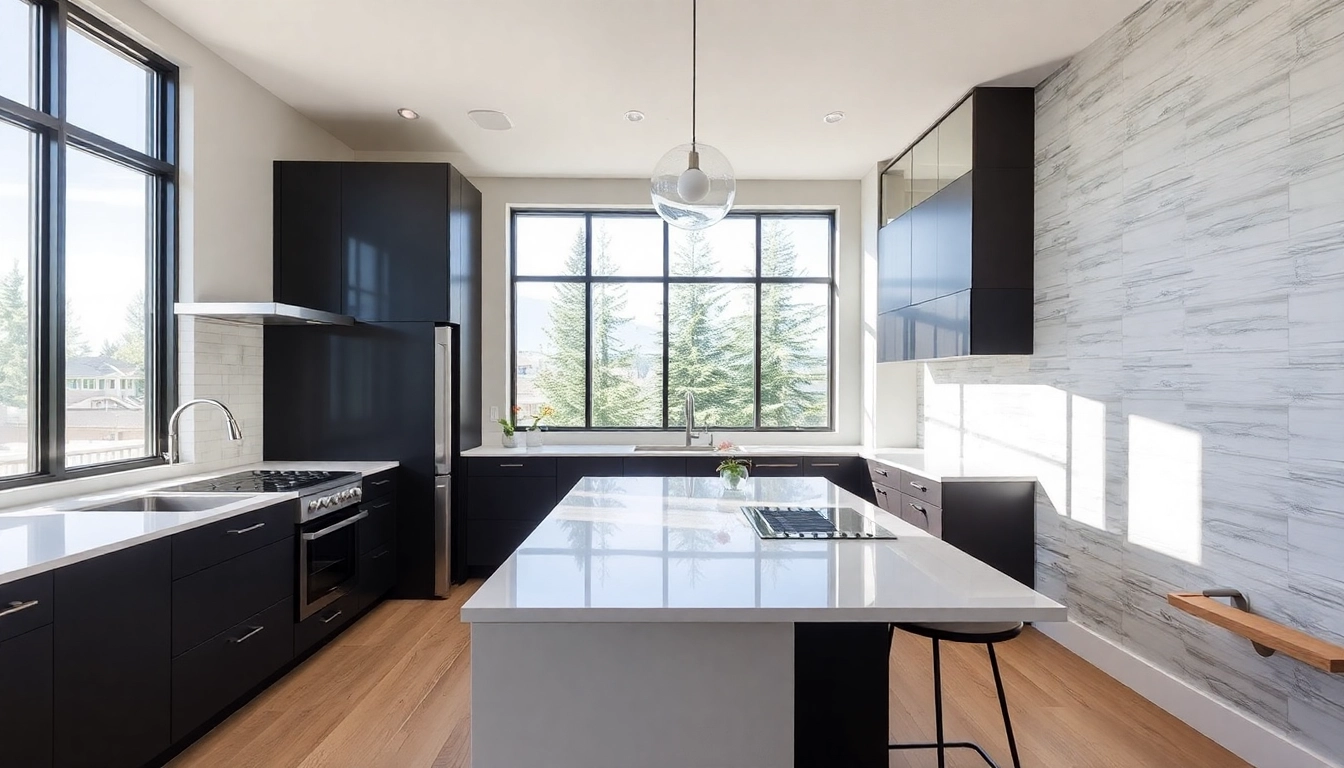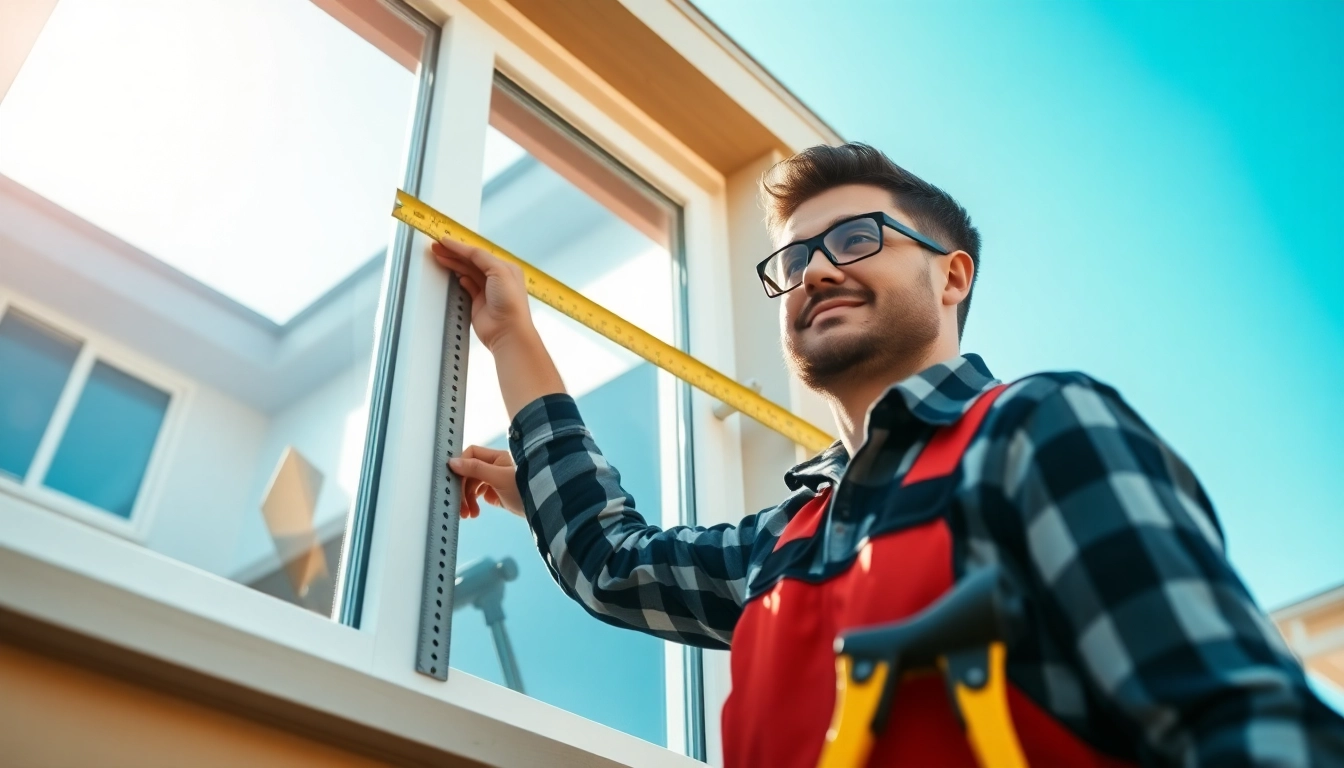Understanding Liquid Screeding in Birmingham
When it comes to achieving perfectly level, durable, and efficient flooring in Birmingham properties, liquid screeding has become an increasingly popular solution among builders, contractors, and homeowners alike. This innovative method of floor levelling offers numerous advantages over traditional dry screed, including faster application times, greater surface uniformity, and compatibility with modern underfloor heating systems. For those considering a renovation or new build project, understanding what liquid screeding entails and how it can benefit your property is essential. To explore tailored solutions, visit Liquid screeding Birmingham and discover how professional installation can elevate your flooring quality.
What is liquid screeding and how does it work?
Liquid screeding is a flowable, self-leveling material used to create a smooth and stable surface for final floor finishes. Unlike traditional screeds that rely on dry mix and manual trowelling, liquid screeds are pumped into place, filling even the most intricate spaces with ease. The composition mainly consists of cement, aggregates, water, and sometimes polymers or chemical admixtures that enhance flowability and strength. The liquid nature of the product allows it to spread evenly across the substrate, conforming closely to the shape of underlying contours and ensuring minimal voids or inconsistencies. Once poured, it provides a solid, durable base suitable for various flooring systems, including tiles, carpet, laminate, or engineered wood.
Its rapid setting qualities facilitate quicker project turnaround times, which is especially advantageous for large-scale developments in Birmingham. Skilled contractors use advanced pump systems and precise measurement techniques to deliver a high-quality finish, making liquid screeding an ideal choice for both commercial and residential projects.
Common benefits of liquid screeding for Birmingham properties
- Speed and Efficiency: Liquid screed can be applied much faster than traditional methods, reducing construction timelines—often by up to 50%. Its flowing nature minimizes the need for extensive manual finishing, allowing for swift progress on-site.
- High-Quality Finish: Thanks to its self-leveling properties, liquid screed results in a flatter, smoother surface—ideal for delicate or high-end flooring finishes.
- Excellent Sound and Thermal Insulation: When combined with underfloor heating and insulation, liquid screed enhances energy efficiency and reduces noise transmission between floors, creating a more comfortable living or working environment.
- Reduced Waste and Fewer Defects: The precise pouring process lessens the likelihood of gaps, cracks, or uneven surfaces, resulting in a more reliable and durable foundation.
- Versatility in Application: Suitable for complex layouts, underfloor heating integration, and various substrates, making it adaptable for Birmingham’s diverse property portfolio.
Types of liquid screed suitable for different project needs
Several formulations of liquid screed exist, each tailored to specific requirements:
- Self-Compacting Floor Screed: Designed for quick installation and high flowability, this type is excellent for projects requiring minimal disturbance or manual levelling.
- Flowing, Pumpable Screed: Engineered for pump delivery, it is suitable for large areas and complex geometries, offering rapid placement and consistent coverage.
- Fast-Setting Liquid Screed: Contains special admixtures that accelerate curing, allowing floors to be ready for covering within days—ideal for time-sensitive projects.
- Structural Liquid Screed: With enhanced strength characteristics, this variant supports heavier loads and is suitable for industrial or commercial spaces in Birmingham.
Choosing the appropriate type depends on factors such as project scale, underfloor heating requirements, and the desired curing time. Consulting with a reputable Birmingham-based professional ensures optimal selection aligned with specific project goals.
Choosing the Right Liquid Screeding Service in Birmingham
Key factors to consider when selecting a screeding contractor
Picking a reliable and experienced contractor is crucial to ensuring quality and durability. Important considerations include:
- Experience and Reputation: Opt for companies with a proven track record in Birmingham, demonstrated by client reviews, portfolio projects, and industry certifications.
- Technical Expertise: Ensure the team is trained in the latest installation techniques and uses high-quality equipment such as advanced pump systems.
- Compliance and Certifications: Verify adherence to UK building standards, health and safety regulations, and adherence to manufacturer specifications.
- Portfolio and References: Request references or case studies of previous projects similar to yours to assess their capability to deliver the desired outcome.
Questions to ask potential providers about their process and experience
- What types of liquid screed do you specialize in, and which would suit my project?
- Can you provide references or examples of completed projects in Birmingham?
- What is your process for site preparation, installation, and curing?
- How do you ensure quality control and compliance during each stage?
- What is the estimated timeline from start to finish?
How to evaluate quotes and project timelines
When reviewing multiple bids, compare not just cost but also the scope of work, inclusion of materials and manpower, and guarantees offered. A lower quote may not always reflect the best value if it compromises quality or timelines. Clear communication on project phases, deadlines, and curing periods ensures you can plan accordingly and avoid costly delays.
Installation Process and Best Practices
Step-by-step guide to a liquid screed installation in Birmingham
- Site Assessment and Preparation: The contractor evaluates the substrate, removes debris, and ensures a level base. Reparation or insulation may be added prior to screeding.
- Primer Application: Applying a primer improves adhesion between the substrate and the screed.
- Mixing and Pumping: Precise proportions of water, cement, and admixtures are blended, then pumped via high-pressure equipment into the prepared area.
- Leveling and Spreading: The flowable mix naturally levels itself, with contractors using floats or trowels for final smoothing if necessary.
- Curing and Drying: Proper curing extends the lifespan and strength; this may involve covering with damp sheets or controlled environments.
Preparing your site for optimal results
Effective preparation ensures the screed bonds properly and cures evenly. Key steps include ensuring a clean, stable substrate, controlled ambient temperature, and controlled moisture levels. Incorporating underfloor heating tubes before pouring can optimize thermal performance.
Post-installation care and curing tips for longevity
Allow adequate curing time—usually at least 7 days—before exposing the floor to heavy loads or finishing layers. Keep the surface protected from rapid drying and temperature fluctuations. Consulting with experts on specific curing procedures maximizes the durability of your floor.
Cost, Regulations, and Quality Assurance
Understanding the pricing structure for liquid screeding in Birmingham
Costs depend on factors like project size, screed type, site accessibility, and additional services such as underfloor heating installation. Typical prices may range from £20 to £35 per square meter. Seeking detailed quotes from reputable local installers provides clarity and allows for informed budgeting.
Legal standards and building regulations to be aware of
All installations must comply with UK building regulations, including BS EN 13813 standards for floor screeds. Ensuring the contractor holds industry certifications and follows approved methods guarantees compliance and safety. Proper documentation and testing reports should be provided upon project completion.
Ensuring quality and durability through certified installations
Working with accredited companies reduces risks associated with substandard work. Verify if the contractor offers warranties or maintenance advice, which can help safeguard your investment and ensure long-term performance.
Performance Monitoring and Future-Proofing
How to track and maintain your liquid screed’s performance
Regular inspections and monitoring for cracks, unevenness, or signs of moisture ingress extend the lifespan of your flooring. Incorporate moisture tests and ensure proper ventilation, especially if integrated with underfloor heating systems.
Integrating underfloor heating with liquid screed for energy efficiency
Liquid screed’s excellent thermal conductivity enhances underfloor heating efficiency, leading to faster warm-up times and reduced energy costs. Proper design, insulation, and controlled flow rates optimize overall system performance, creating sustainable and comfortable spaces.
Long-term benefits and considerations for property owners in Birmingham
Investing in high-quality liquid screeding provides long-lasting, low-maintenance flooring that adds real value to your property. When properly installed and maintained, it can support various finishes, adapt to future renovations, and improve overall energy performance, making it a wise choice for Birmingham residents aiming for top-tier durability and efficiency.













